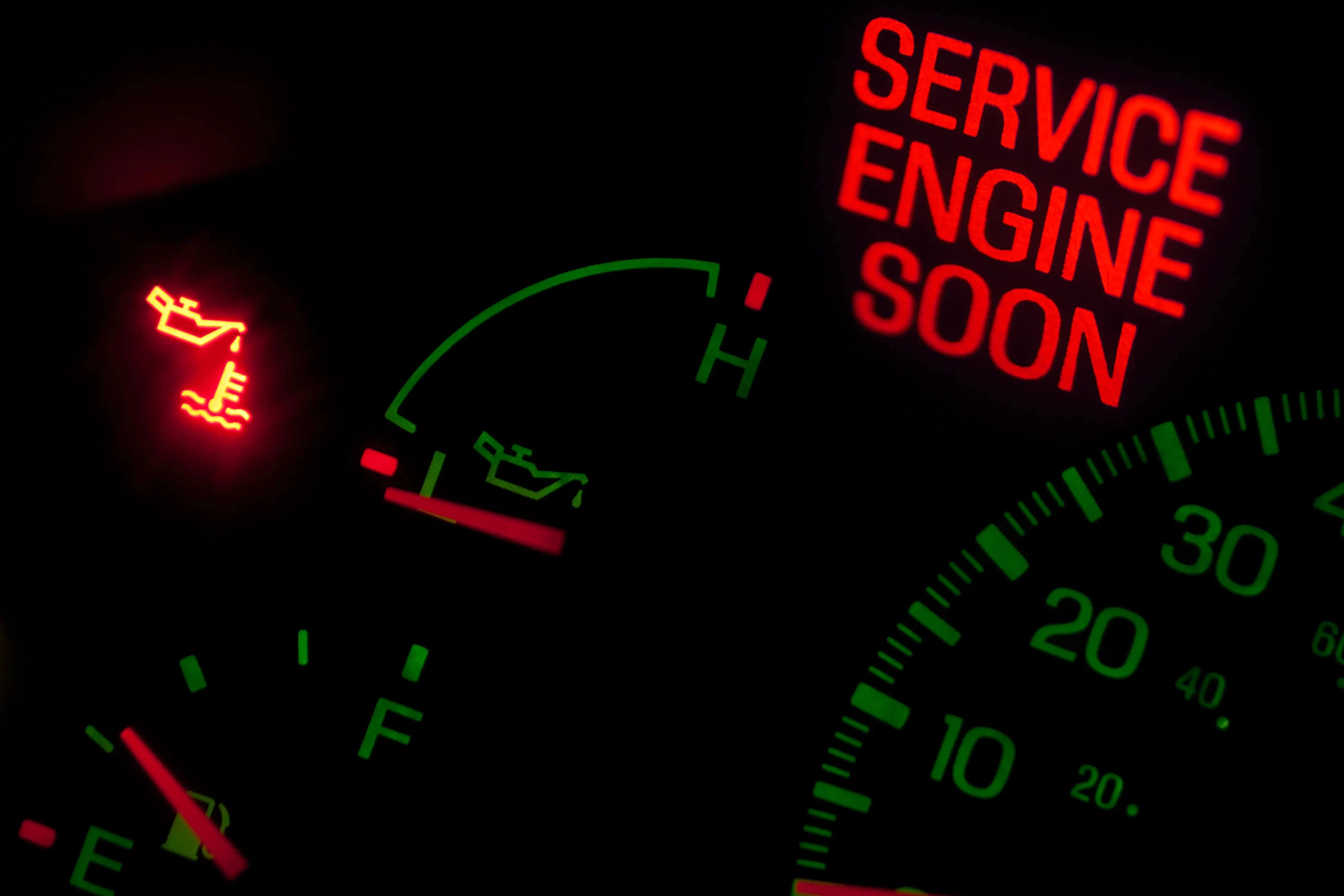Question: How far can my car travel on empty?
Answer: Though it varies between vehicles, if your fuel gauge is on empty, you typically have between 20 and 50 miles worth of fuel left in your tank. Your vehicle’s age and condition, and even the weather and road conditions, can affect fuel economy and the pace at which you go from “on E” to truly empty.
What does it mean when you’re on empty?
Your car’s fuel gauge gives you an estimate of how much fuel is left in your tank. When the needle hits “E,” or the low fuel warning light comes on, it doesn’t mean your tank is completely empty. Most modern vehicles have a buffer of between two to four gallons, depending on the car’s make and model, left in the tank after hitting “E.”
Factors influencing how many miles you have after empty
- Vehicle Make and Model: Smaller vehicles have smaller fuel tanks, so a compact car like a Toyota Corolla may not go as far on “empty” compared to a large SUV like a Ford Expedition. On average, smaller cars can travel about 40-50 miles on empty, while larger vehicles might go as far as 75 to 100 miles.
- Driving Habits: Your driving style plays a significant role in how far you can go on an almost-empty tank. To maximize the fuel you have left, drive at a steady pace, avoid rapid acceleration, and observe the speed limit.
- Road Conditions: Highway driving is more fuel-efficient than city driving, because you stop and start less often. If you’re driving on a highway when your fuel gauge hits empty, you’re likely to travel farther than if you were driving in city traffic.
- Load and Weight: Carrying heavy loads can decrease your fuel efficiency. Driving an overloaded vehicle reduces the number of miles you can drive on empty.
- Weather Conditions: Cold weather can reduce fuel efficiency, as the engine takes longer to reach its optimal operating temperature. Conversely, using air conditioning in hot weather also decreases fuel efficiency.
Why you should avoid driving on empty
While it’s possible to drive for some miles after your fuel gauge reads empty, don’t make a habit of it. Running your car on low fuel can cause several issues:
- Fuel Pump Damage: The fuel pump relies on gasoline to stay cool and lubricated. Running on low fuel can cause the pump to overheat and fail prematurely.
- Sediment in the Fuel Tank: Over time, sediment and debris can settle at the bottom of your fuel tank. When fuel levels are low, this sediment can get sucked into the fuel pump, clogging the fuel filter and potentially causing damage to the engine.
- Reduced Performance: Running on low fuel means the engine must strain to draw in what fuel remains, affecting efficiency and performance.

Sarah Gray is an insurance writer with nearly a decade of experience in publishing and writing. Sarah specializes in writing articles that educate car owners and buyers on the full scope of car ownership—from shopping for and buying a new car to scrapping one that’s breathed its last and everything in between. Sarah has authored over 1,500 articles for Jerry on topics ranging from first-time buyer programs to how to get a salvage title for a totaled car. Prior to Jerry, Sarah was a full-time professor of English literature and composition with multiple academic writing publications.

Alice Holbrook is an editor with more than a decade of experience covering personal finance, including car insurance. She\\\’s passionate about creating easy-to-understand content that demystifies intimidating topics for readers. Previously, she worked for NerdWallet, and her work has been featured by Newsweek, The Washington Post and the Associated Press, among others.







